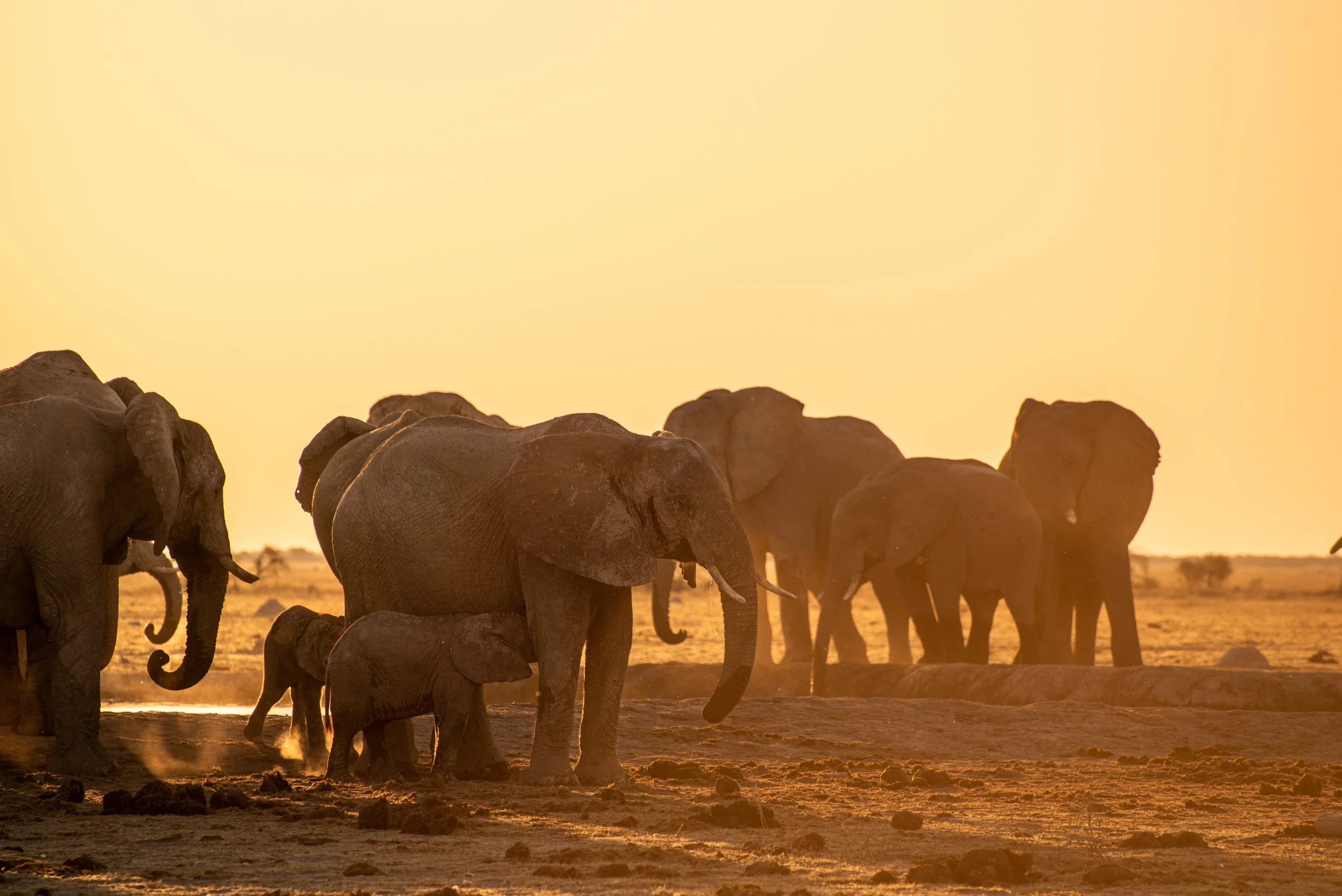My current research is exploring the unknowns of the importance of sociality to elephant labour and birth processes. It explores the wide reaching benefits that may come to whole elephant social groups when female elephants give birth in the company of their family.
It was once assumed that humans were unique in expressing social support of labouring females, and in supporting mothers and neonates in the immediate after birth period. However, as summarised in a recent work of mine - social support in the parturition period may be more important for some social mammals than we once assumed. Elephant species in particular, have been identified as a particularly relevant species to explore this phenomena in.
The social support received by a labouring female may play a crucial role in shaping the progression of a healthy complication free labour, and enabling a mother a healthy reactivity to her calf after birth. The close, intimate company of older, experienced females—who are mothers or even grandmothers themselves—appears to play a particularly important role in keeping a labouring female calm during labour and in protecting the calf after birth, especially if the mother is primiparous, and/or in a distressed state. Labour and birth are physiological processes, and stress hormones are known to interfere with the hormones that promote labour progression. Of paramount importance to this is assuring a low-stress environment for labouring females, with access to social support from experienced group mates, as for most social mammals contact with group mates can act as a social buffer against various stressors. Furthermore, giving birth in the group may help younger females, who are yet to have calves themselves, be better prepared for their own future first births, through the experience and knowledge gained from witnessing parturition events in group mates directly.
In 2025 I will be distributing an expert survey to gather the accounts of experts regarding their experiences of elephant parturition.
Are you an ethologist, wildlife guide, or elephant manager that has witnessed elephant parturition (including via remote technology)?
Please fill in the form below, or contact me at connierballen@gmail.com if you are interested in taking part in this important survey.

